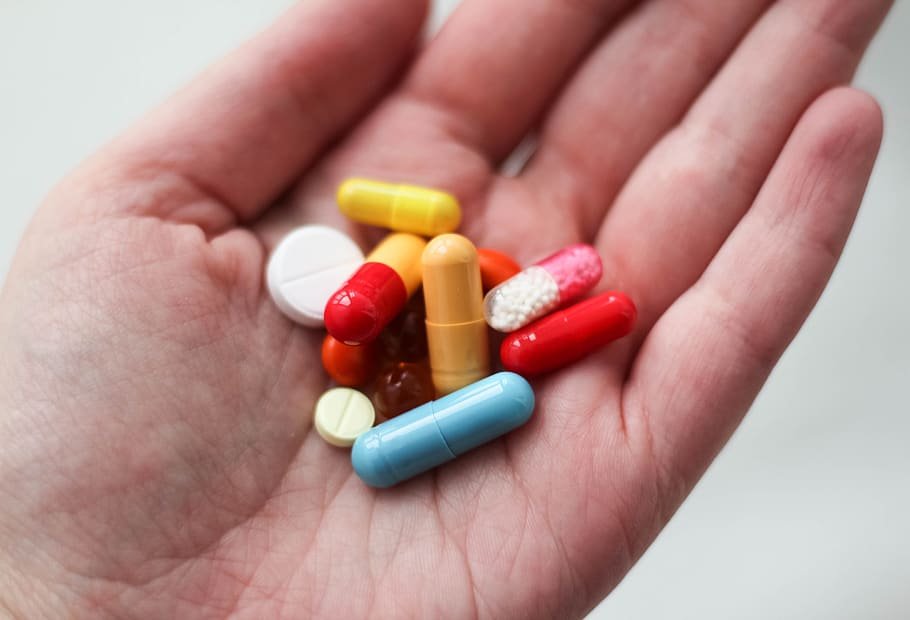
The combination of prescription drugs and alcohol can have severe consequences for one’s health and well-being. This dangerous practice can lead to a range of adverse effects, from reduced effectiveness of medications to life-threatening complications. In this article, we will explore the potential dangers of mixing prescription drugs with alcohol.
1. Interaction and Potentiation
When alcohol is consumed alongside prescription medications, it can interact with the drugs and alter their intended effects. Some medications are designed to be metabolized in the liver, and alcohol can interfere with this process, either slowing it down or speeding it up. This can lead to the drug becoming less effective or excessively potent, resulting in unintended consequences. Additionally, alcohol can exacerbate the side effects of certain medications, leading to dizziness, drowsiness, or impaired judgment.
2. Central Nervous System Depression
Both prescription drugs and alcohol are known to depress the central nervous system. When taken together, their combined effects can lead to profound sedation and respiratory depression. This dangerous combination can result in slowed breathing, unconsciousness, and even coma. Opioid painkillers, benzodiazepines, and sleep medications are particularly risky when combined with alcohol, as they can significantly amplify each other’s effects on the central nervous system.
3. Impaired Cognitive Function
Alcohol is notorious for impairing cognitive functions such as memory, concentration, and coordination. When taken with prescription medications, especially those affecting the brain, alcohol can worsen these cognitive impairments. This poses a significant risk, particularly for individuals who need to operate heavy machinery, drive, or perform tasks that require mental clarity. Medications like antidepressants, antipsychotics, and anti-anxiety drugs can have their effects negated or intensified when mixed with alcohol.
4. Increased Risk of Accidents
The combination of prescription drugs and alcohol can significantly increase the likelihood of accidents and injuries. Impaired motor skills, reduced reaction times, and diminished judgment can lead to falls, automobile collisions, and other hazardous situations. Even seemingly benign medications can have adverse reactions when combined with alcohol, making it crucial for individuals to read medication labels and consult their healthcare professionals.
Mixing prescription drugs with alcohol is a dangerous and potentially life-threatening practice. The combination can alter the intended effects of medications, depress the central nervous system, impair cognitive function, and increase the risk of accidents. To safeguard their health, individuals must avoid alcohol consumption while taking prescription medications and seek advice from their healthcare providers when unsure about potential interactions.